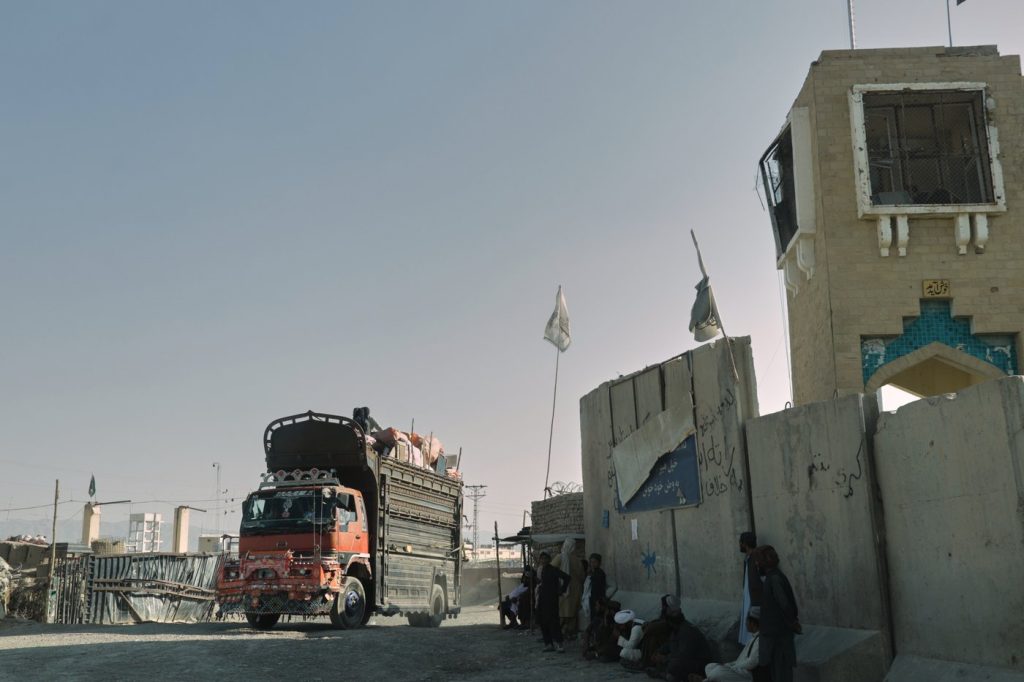U.S. President Donald Trump announced on Sunday that he aims to resolve the ongoing Afghanistan-Pakistan crisis "very quickly," as peace talks between the two neighboring countries entered their second day. The talks are crucial in addressing a bitter security dispute, with both nations accusing each other of initiating past aggression amid escalating tensions. The conflict's resurgence has sparked concern in a region already struggling with the re-emergence of armed groups like al-Qaida.
Pakistan accuses Afghanistan of overlooking militants who cross the border to carry out attacks, a claim categorically rejected by the Taliban-led Afghan government. Recent hostilities marked the deadliest clashes between the two countries in several years, further diminishing diplomatic relations and elevating apprehension regarding the stability of the region.
The second round of peace talks commenced in Istanbul on Saturday, focusing on reinforcing a fragile ceasefire recently brokered in Doha earlier this month. The discussions aim to transform this temporary truce into a more robust and lasting framework for peace and border security between Afghanistan and Pakistan.
While attending the ASEAN Summit in Malaysia, Trump remarked, "I heard that Pakistan and Afghanistan have started up," expressing optimism about swiftly resolving the conflict. He asserted that the leaders of Pakistan are "great people," highlighting the potential for collaborative efforts. Trump delivered these comments during the signing of a peace agreement between Thailand and Cambodia, signaling a potential shift in U.S. foreign policy priorities in the region.
In conjunction with the diplomatic dialogue in Istanbul, Pakistan's military reported on Sunday that it had eliminated 25 militants during operations aimed at preventing infiltration attempts along the border. Despite the military's claims, five Pakistani soldiers also lost their lives in exchanges of fire, emphasizing the volatility of the situation. This information could not be independently verified due to the area's remoteness and restricted media access.
Recent fighting has resulted in numerous fatalities and countless injuries in Afghanistan, with Pakistan denying allegations of targeting civilians, asserting instead that their operations focus solely on militant groups and their hideouts. Taliban-controlled media outlet RTA reported that after an extended, 15-hour discussion, the Afghan delegation presented a draft emphasizing the need for Pakistan to respect Afghanistan's territorial integrity and prohibit any anti-Afghan activities on its territory. The draft also included proposals for establishing a four-way oversight mechanism to monitor the ceasefire agreement and address violations.
The Pakistani delegation reportedly submitted its own draft to the Afghan side on Saturday evening. However, there was no immediate response from Pakistani officials regarding these discussions. Trump's optimistic statements are anticipated to invigorate the Pakistani political and military leadership, which seeks to bolster ties with the U.S. administration. Pakistan has previously expressed gratitude toward Trump for his role in diffusing tensions with India earlier this year.
Since 1979, Pakistan's border regions have been marred by violence, stemming from its involvement as a frontline state in the U.S.-supported conflict against the Soviet Union in Afghanistan. This history of turmoil has shaped the complex and often fraught relations between Afghanistan and Pakistan, suggesting that achieving a lasting peace will require continual negotiation and cooperation.












